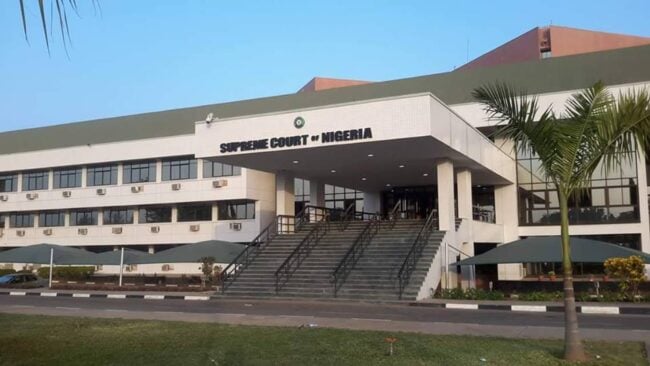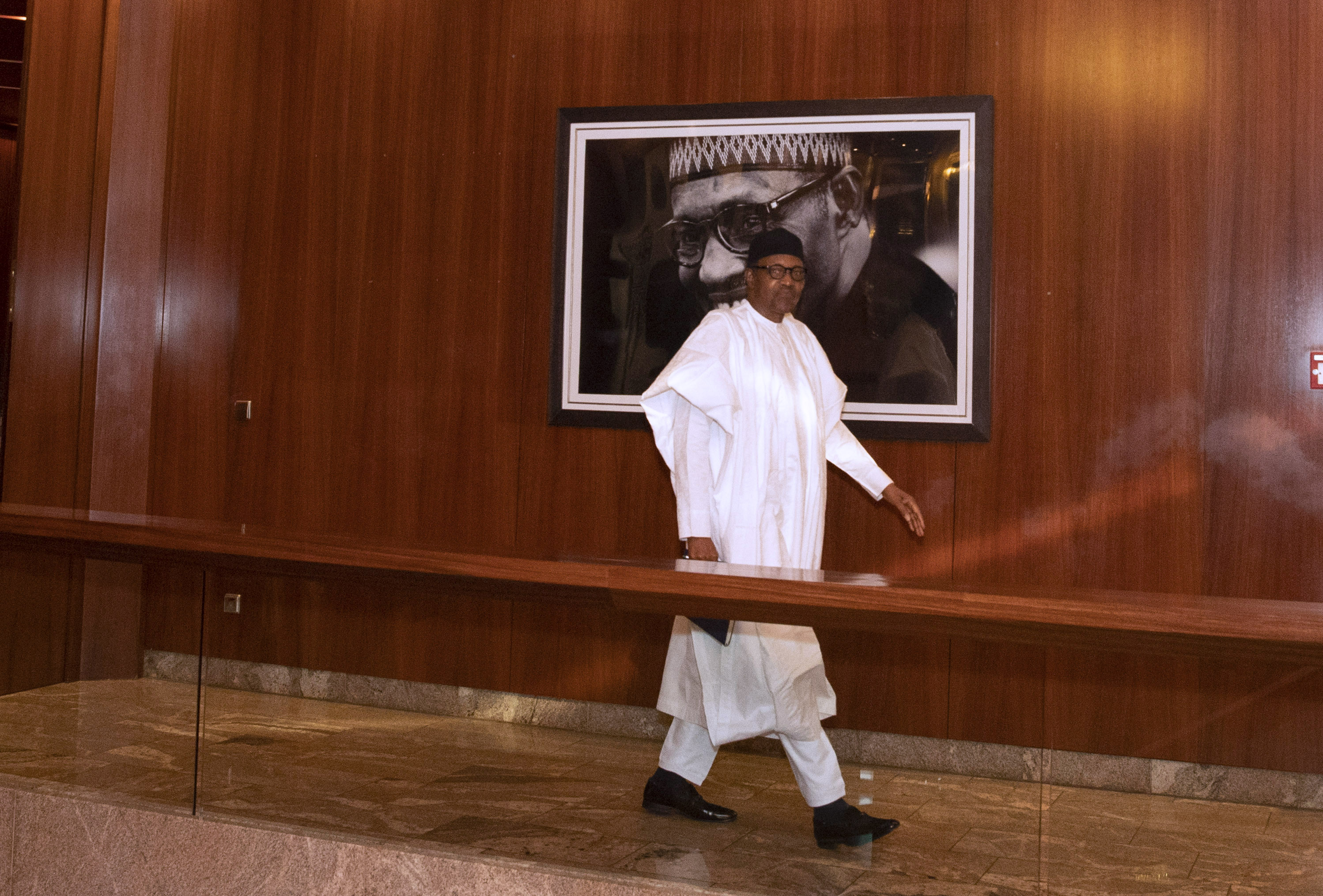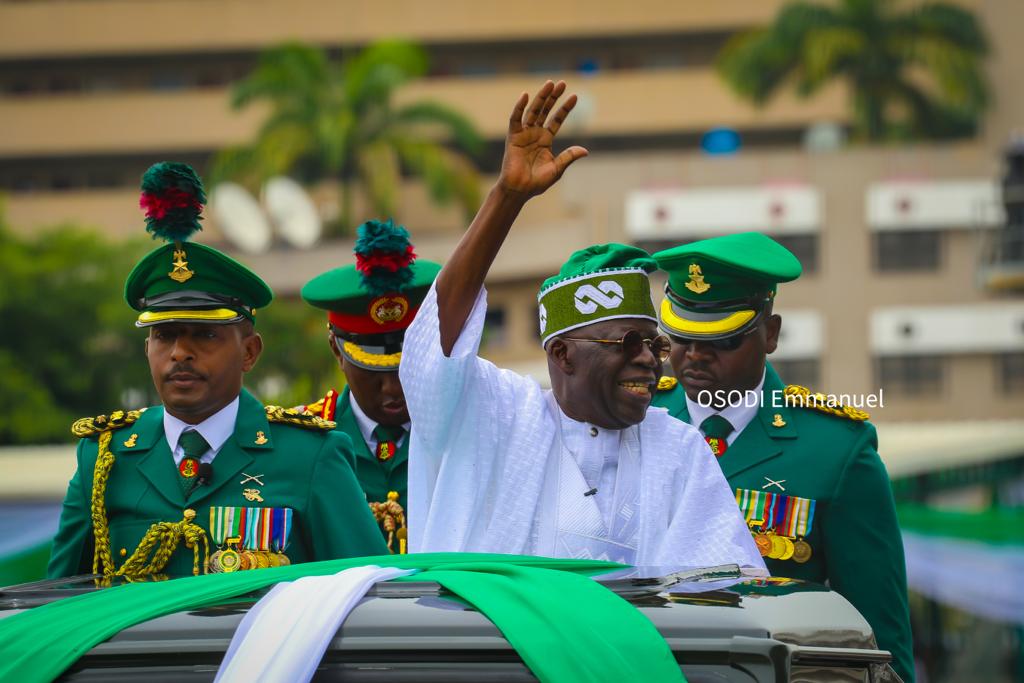Supreme court
BY KEMI OKENYODO
The Buhari Years: What We Ordered vs What We Got – civil society leaders reflect on the Buhari administration and its achievements, shortcomings, and regressive actions. This article focuses on judicial reforms.
As we gradually approach the expiration of President Muhammadu Buhari’s administration, there have been arguments that the president’s 8-year administration, which we would tag as his legacy, has left Nigerians with unfulfilled expectations. While many believe that the president has reneged on several fronts in the last eight years, others believe that he did the best he could under the circumstances and urge other Nigerians not to rule out some of the achievements of the administration.
Advertisement
After emerging as the presidential candidate of the All Progressives Congress on December 11th, 2014, Buhari pledged to “govern Nigeria honestly under the constitution, strive to secure the country and efficiently manage the economy, attack poverty through shared economic growth, attack corruption through the impartial application of the law, tolerate no religious, regional, economic or gender bias in government, return Nigeria into a position of international respect through patriotic foreign policy and to choose the best Nigerians for the right jobs”. The predominant ones among his promises were the fight against corruption, tackling insecurity, and revamping the country’s economy.
Tackling corruption is synonymous with the promotion of transparency and accountability in all sectors, where there is the availability of accurate information about various issues, the commitments and performance of actors, and holding institutions and actors accountable for their actions. Transparency and accountability contribute to establishing legitimacy and credibility of operations, along with legality, and ultimately strengthening democracy and the rule of law at all levels.
In the discussion around corruption, the judiciary isn’t left out. The judiciary being the third arm of government should be independent of the other two arms of government – the executive and legislature. The independence of each of the three arms of government allows for effective checks and balances which should foster and strengthen a vibrant democracy.
Advertisement
The judiciary has experienced innumerable challenges, ranging from perceived corrupt practices by judicial officers to interference by politicians; low level of public trust in the judiciary, and the poor state of infrastructure which includes inefficient filing and case management systems.
Effective internal reforms of the judiciary will reduce vulnerability to external pressures. Adequate funding, infrastructure and skilled manpower are amongst the areas to be addressed to have a judiciary that is properly poised to discharge its functions and overall optimal performance. There were and continue to be strategic entry points for the reform of the judiciary so as to make it an effective third arm of government.
In response to this, President Muhammadu Buhari, on May 22, 2020 signed Executive Order 10 (EO10) which seeks to enforce the implementation of the 4th alteration to the constitution and provide a practical framework for the legislative and judicial arms of state governments to have financial autonomy. This was perceived by the judiciary and the public as a positive approach, however, many state governors failed to adopt it as they, through their attorney-generals filed a suit on September 17, 2020, contending the constitutionality of the executive order.
The judgement by the apex court stated that the EO10 violates the provisions of the 1999 Constitution, which clearly stipulates the functions and powers of heads of each arm of the government, and concluded that Buhari acted beyond his powers by signing the EO10. This brings judicial dependency to the highest level.
Advertisement
Historical incidents of partisanship, corruption, and incompetence—combined with worsening negative public perception—have created a situation where the operations of the judicial branch of government in Nigeria threaten public order and stability.
The disregard of court orders or the use of the court to influence or repress citizens is one of the shortcomings of the administration. If the government that has sworn to uphold the constitution and respect the independence of all arms of government actively ignores judicial decisions, how much respect and restraint can be expected from private citizens?
This played out during the aftermath of the #EndSARS protests in 2020 when young people demanded national police reform. By not deliberately and systemically using its enormous constitutional powers to protect citizens from abuse, the court system bears some responsibility for the episodes of violence that seized Nigeria during the protests. Nine #EndSARS protesters from Rivers State were held without charge or bail between October 21, 2020 and February 17, 2021. A clear violation of the law, but the action has brought no consequences to the perpetrators. This a clear example of how impunity amplifies illegality generally, and human rights violations specifically.
All the above not only undermines the competency of the judiciary but also showcases that the judiciary is incapable of pronouncing unbiased judgement especially when it concerns the executive arm or the political class.
Advertisement
The incoming administration needs to hold itself to a higher standard of upholding the rule of law and working proactively to ensure that the judiciary is respected and takes its place as the third arm of government. This can be done by upholding the rule of law and ensuring a transparent and accountable government, and efforts should be made to amend the constitution to effectively enforce Judicial independence.
Kemi Okenyodo is the executive director of The Rule of Law and Empowerment Initiative (also known as Partners West Africa-Nigeria), a women-led non-governmental organisation dedicated to enhancing citizens’ participation in security, governance and criminal justice reform.
Advertisement
Views expressed by contributors are strictly personal and not of TheCable.







